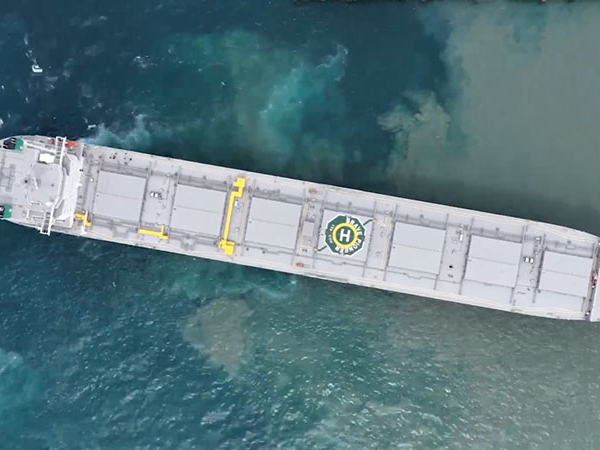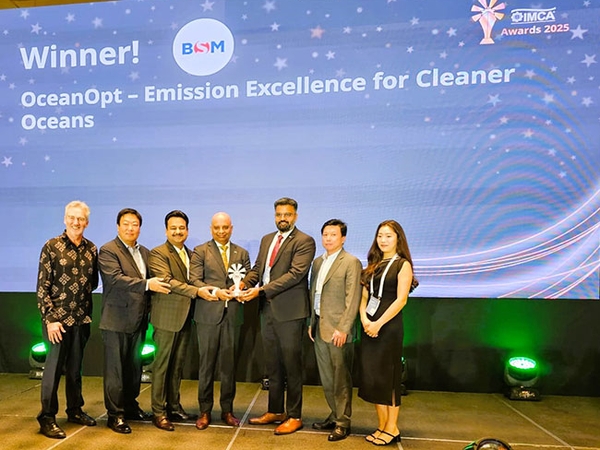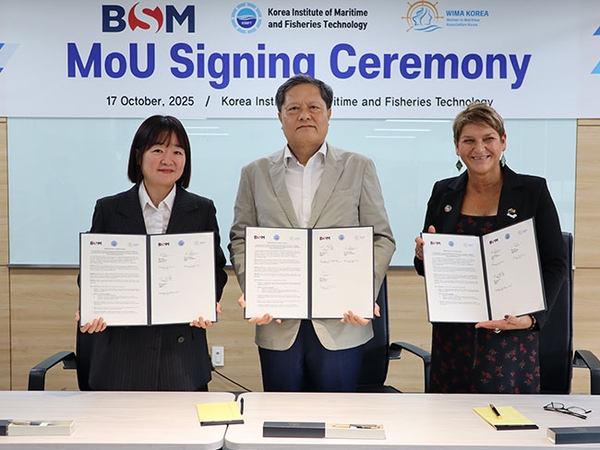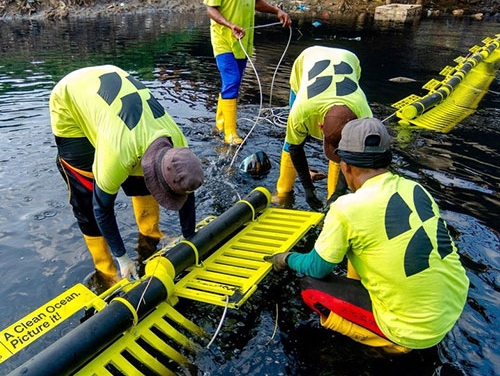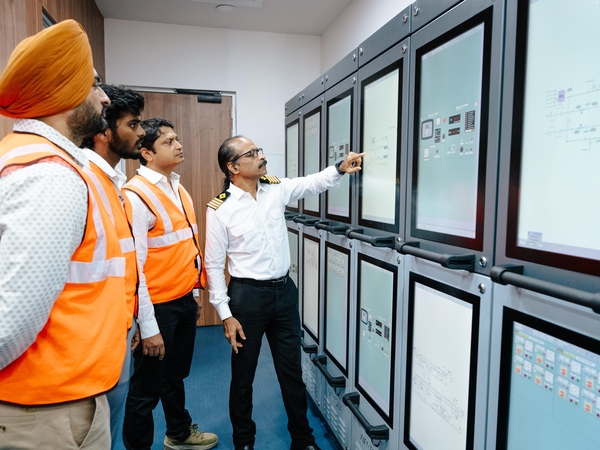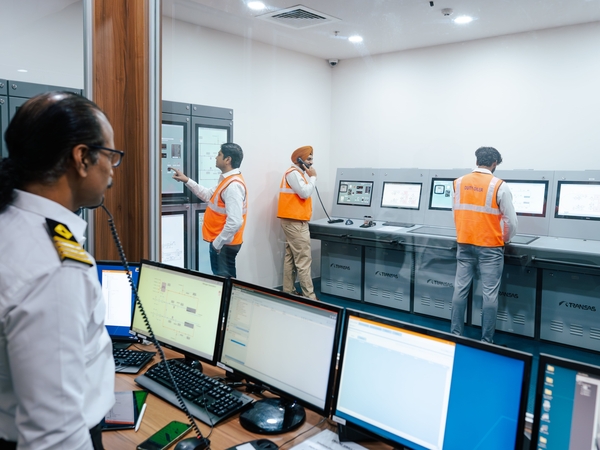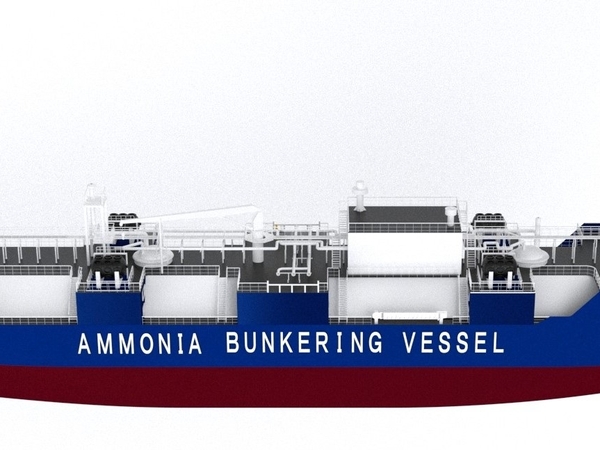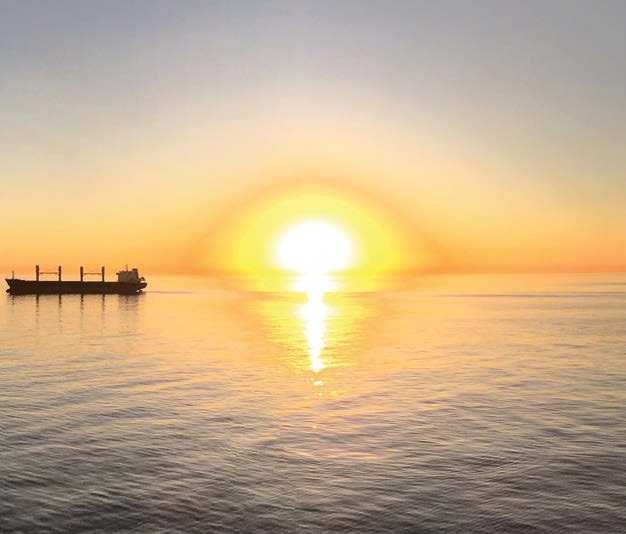
BSM's Maritime Training Centres and Ship Management Centres have a history of working in harmony to deliver best-in-class training to develop exceptionally skilled personnel.
Industry-wide analysis shows that nearly 80% of incidents on board ships are due to human error. Investing in training would seem to be an obvious response – but simply throwing money at 'general' training without considering specific needs or analysing the real results of that training is not the solution.
At BSM, the approach is far more specific – not only is the focus on high-quality training, but the training it carries out is constantly under review and uniquely adjusted and tailored to meet the changing needs of the workforce, thanks to the close collaboration between BSM's Maritime Training Centres (MTCs) and Ship Management Centres (SMCs).
"There is constant interaction between ourselves and the SMCs," said Captain Joseph Raluta, Director, BSM Maritime Training Centre, Philippines. "A close relationship between our two operations is absolutely essential for the smooth delivery of safe, efficient and reliable ship operation to our customers."
This cross-pollination between MTCs and SMCs depends on a very good flow of communication, he pointed out. "We have an excellent feedback channel between SMCs and the training centres. Also, feedback from our shipowners and operators through the SMCs is crucial – this provides us with information on performance; incidents or accidents on board; and anything else that needs to be emphasised."
This communication flow doesn't only include safety-critical issues. For example, a report came in recently about an issue with a vessel that had Korean officers on board and a Filipino cook: "We would have expected the cook to know how to prepare Korean food, but he simply didn't. This feedback clearly highlighted a need for on board training and so we sent our international chef on board the vessel to update the cook's skills and ensure the satisfaction of the crew on board."
The feedback we get from the SMCs then enables us to take the next step and assess how successful a training module has been, and so help us to plan and develop our broader training curriculum."
Captain Manu Dhaul, Manager Loss Prevention and Human Resource (Marine) at BSM Singapore, said: "Human error is involved in such a large amount of incidents. And if you drill down, that human error is either skill-related or communication-related – people either lack skill or knowledge; or people are not talking to each other. If they lack the knowledge, that's where the MTC comes in. And if the problem is with communication then we have to look at processes and procedures - good communication is a big challenge, both across the industry and across the world."
Joseph also makes full use of the quarterly reports he receives from the LPSQ (Loss Prevention Safety Quality) team. "These assist me greatly when it comes to incidents or accidents as they capture data from the performance of seafarers on board. Even if a seafarer suffers something as minor as a cut during mooring operations, we can adjust our training to put an emphasis on preventing a repeat of the incident.
"By monitoring incidents, however small, we can introduce, update or step up training - responding where our analysis is highlighting concerns."
A key piece in this collaborative jigsaw is detailed analysis of any incident that takes place on board, he said. "Just like the black box on an aircraft, we have a voice data recorder on the ship. We work with a specialist company in Singapore which can use the data to recreate the incident as it occurred; we then share that with our MTCs and Crew Service Centres (CSC) so that lessons are learned. The trainers can then analyse the incident during training sessions and by recreating the scenario, we can incorporate the relevant safety management training on the simulator."
Manu was keen to explain the benefits of having in-house training capability, rather than relying on external training.
"First of all, you have complete control over the quality of the trainer," he said. "Secondly, you can have training tailored precisely to your requirements. For example, we might receive reports that a certain type of incident is happening on a particular type of vessel in the fleet. Or perhaps there is a new type of vessel coming in, for which we might feel our people don't have all of the confidence and experience they need. We can then tailor-make a course for that vessel type. An external institution is unlikely to be this responsive."
As a specific example, Manu described the case of a Chief Officer in line for promotion. "We checked his knowledge levels and found there were some gaps in his ship handling and manoeuvring knowledge. The next time he joined us on a course, Joseph [Raluta] worked very closely with him monitoring and providing specific feedback as to where he needed special training. We couldn't have done that with an external training provider."
Another example: in ship-to-ship (STS) transfer operations there had been a couple of incidents in one of the fleets. In response, a tailor-made course was created at the Manila MTC. "Since that course was launched, there have been no STS-related incidents in that fleet," said Manu.
Yes, he said, there are instances where BSM will need to turn to external trainers for support. "Sometimes, we need a specific course, and we will find that specialist expertise externally."
What makes BSM's training programme stand out? There are a number of answers to this question. It's no secret that the shipping industry is going through challenging financial times right now – and that, said Manu, means that owners are focused more than ever on cost.
"Owners wish to have well-trained crew but at the same time they don't want that training to cost too much. That is where scale becomes important, with BSM's significant investment on training every year translating into an affordable cost on a 'per crew' basis. A small manager is simply not able to do this.
"We also have our own state-of-the-art simulators and highly experienced instructors hired permanently as staff."
Another concern for many owners is that they prefer to have the same set of crew, said Manu. "If an owner has fewer vessels, we can l rotate the crew on a similar vessel with two or three different owners – so that each owner will continue to get experienced crew for their types of vessels, despite not having a large fleet to manage.
"It's the amount of money we spend on training and our commitment to it that really sets BSM apart. And added to that, transparency – financially and incident-wise – is one of our great strengths. If you are transparent, your pursuit of quality and excellence is easier."
Equally important, said Manu, is the regular flow of visitors from the SMC to MTCs. "We audit the courses; one of our main superintendents will go to Manila, participate in some courses and give feedback where they could improve. That's invaluable; the SMC team are right here in the field, we know how the industry expectations are changing, so in this way the courses can be continuously improved through the input of people on the job."
Joseph Raluta said: "Here in the Philippines, I believe we have some of the most advanced training equipment in the industry right now. Our training goes beyond STCW requirements and is far above the minimum requirements. In November, r we will be opening a state of the art mooring facility in Subic Bay enabling hands-on, practical training which fully complements our new bridge and engine room simulators to provide skills training outside actual vessel operation. We have a reputation for high-quality crew and that doesn't happen by accident. Having the SMCs so closely involved in specific training makes the whole programme more interactive. And we will continue to reap the benefit of that in the future."
